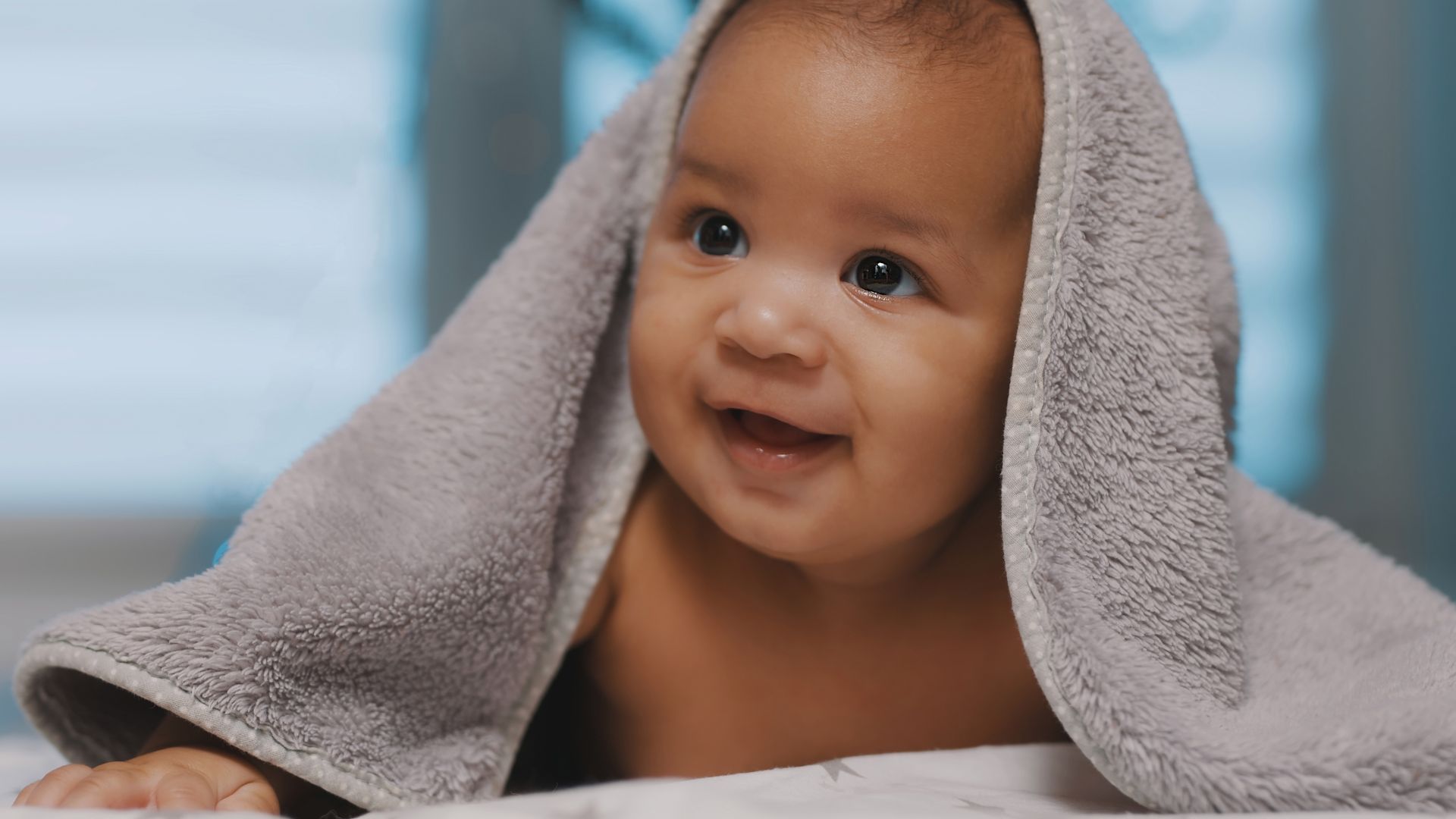Babies are prone to certain skin conditions, including dry skin, dandruff, eczema, and even baby acne. During this time, their skin is sensitive, which is why knowing the right bathing and care techniques is important. If you’re unsure of where to start, here are the basics of baby skincare that every parent should know.
Avoid Over Bathing
Although it may be tempting to bathe your baby every day or after every spill, doing so runs the risk of drying out your baby’s skin. This is especially the case during the newborn phase when their skin is adjusting to being outside the womb. Of course, this doesn’t mean you can’t clean your baby; they just don’t need full baths every day. A daily wipe-down with a towel or sponge is fine, but you don’t need to bring out the soap and cleanser every day. Additionally, avoid getting the umbilical cord stump wet; if it gets dirty, you can use a baby wipe to clean it.
Use the Correct Products
Your baby’s skin is very sensitive, which is why you should choose products that use as few ingredients as possible. Your baby bathing arsenal should include lotion, gentle soap, baby oil, baby wipes, and a massage balm. You can put a few drops of baby oil in the bath water to keep your newborn’s skin from drying out while you lather their skin. Additionally, try your best to moisturize their skin as soon as they are dry to lock in essential moisture.
For extra skin-to-skin bonding, you can give your baby a gentle massage. Not only is this great for connection, but it’s a fantastic way to help your baby fall asleep, especially if bathing is part of your nighttime routine. Ultimately, your child’s skincare routine should be very basic at this stage and should mainly include simple bathing.
Be Aware of Clothing
One of the major culprits causing your baby to have dry skin is their clothing. The best clothes for your baby have soft natural fibers and are breathable. A sweaty baby wearing synthetic fabrics is a prime candidate for dry skin, heat rash, or an eczema flare-up. When washing your baby’s clothes, use gentle, unscented detergents to avoid rashes and allergic reactions. You should apply these same rules to any bedding or fabric that touches your baby’s skin.
Baby skin won’t ever be perfect, and even with these baby skincare basics, your little one may still have flare-ups of dry skin, eczema, and baby acne. That’s why it’s important to pay attention to what’s normal for your baby and discuss any sudden changes with your pediatrician.








Leave a Reply